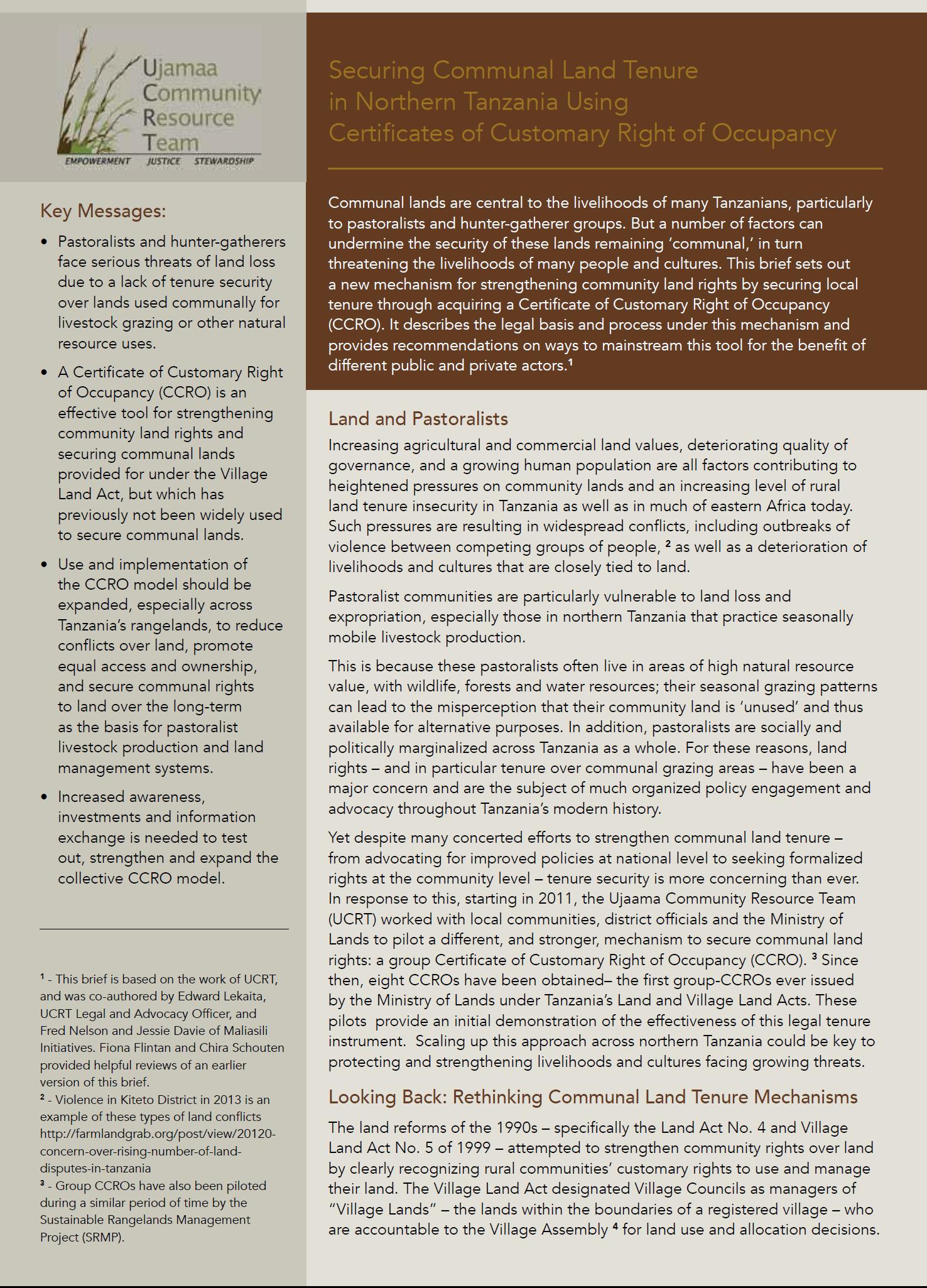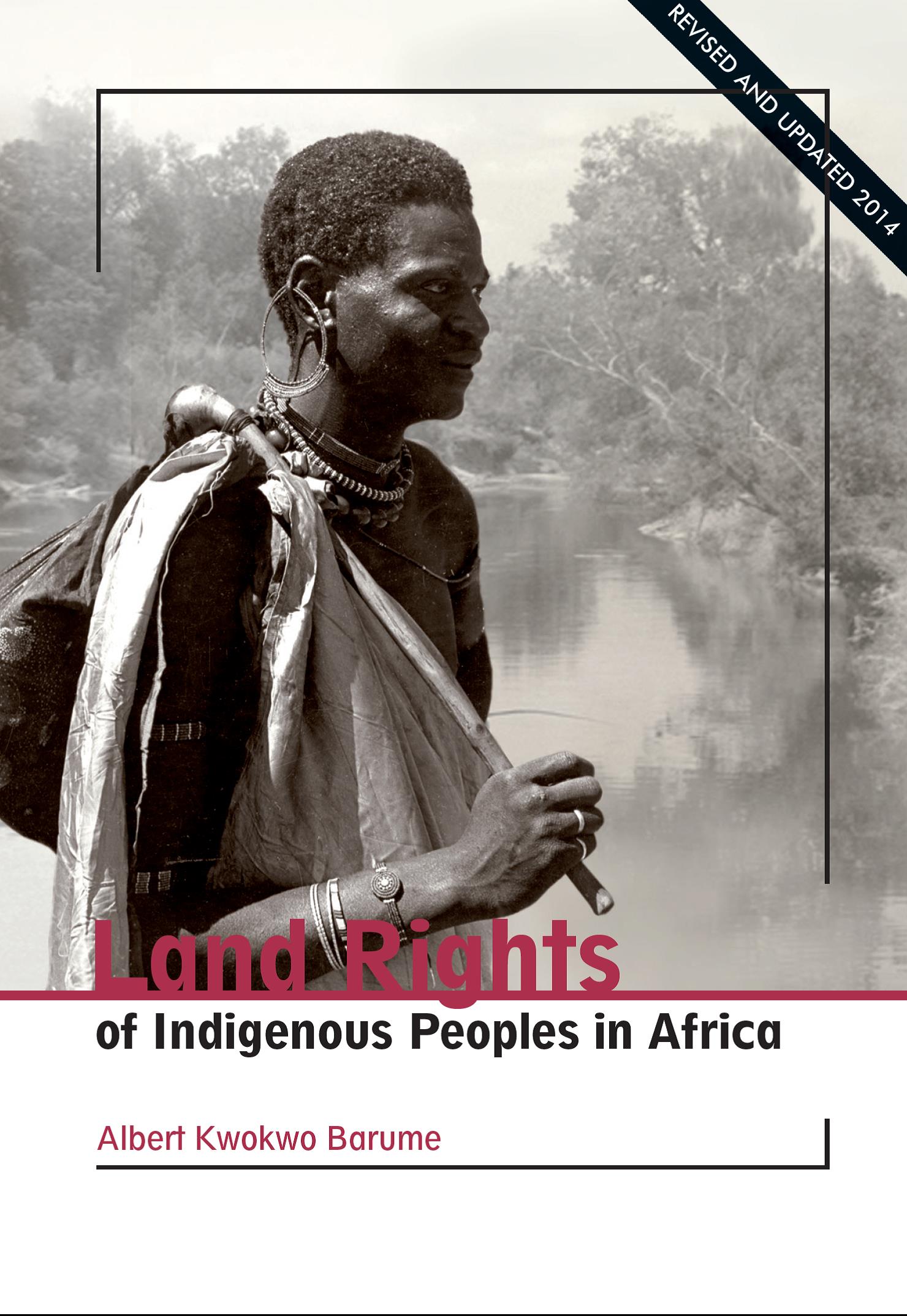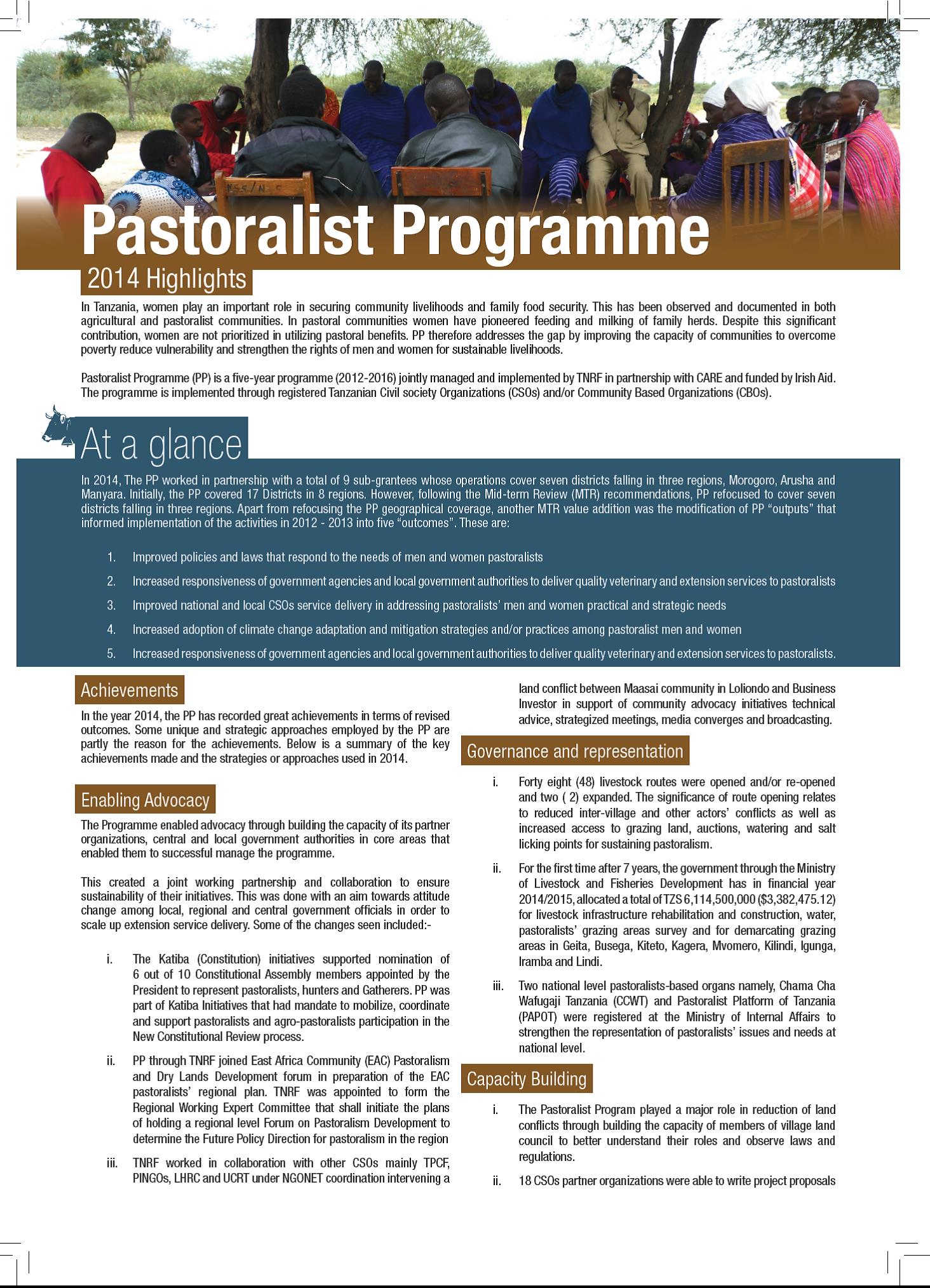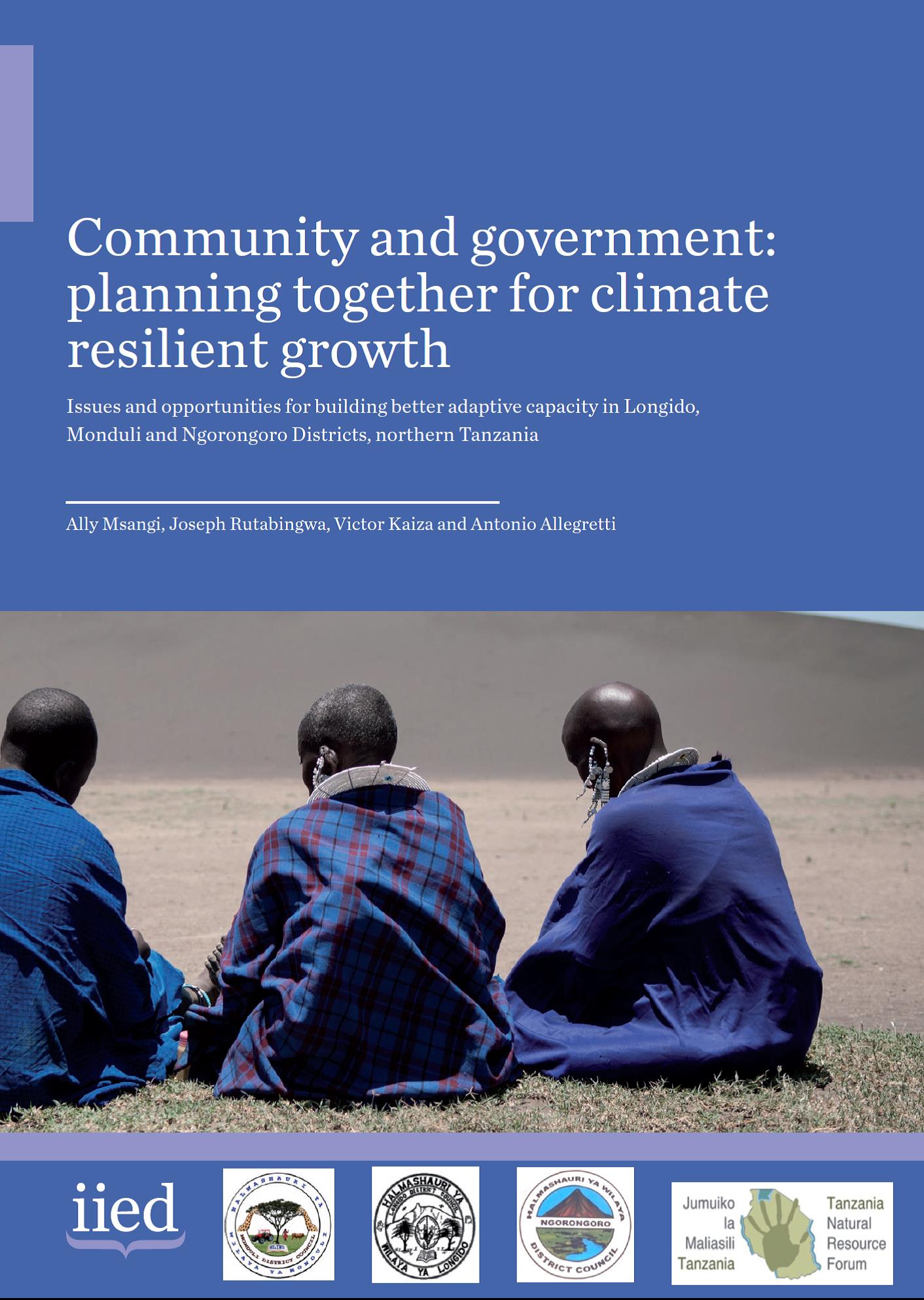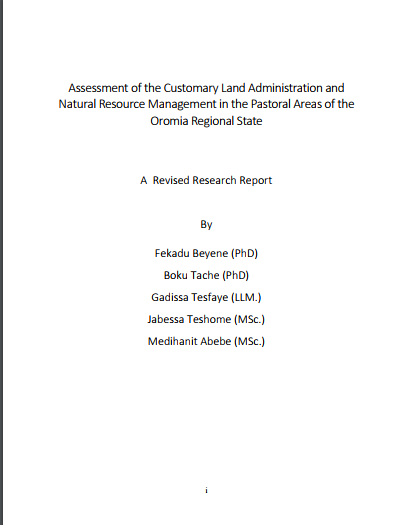Mapping Guidelines for Participatory Rangeland Management in Pastoral and Agro-Pastoral Areas
The purpose of these Mapping Guidelines is to support development practitioners (individuals and organizations) working in the rangelands and sub-humid grasslands of Ethiopia. Specifically, resource mapping can assist with investigating rangeland management systems, negotiating rangeland management plans, and implementing and monitoring progress in Participatory Rangeland Management (PRM).


